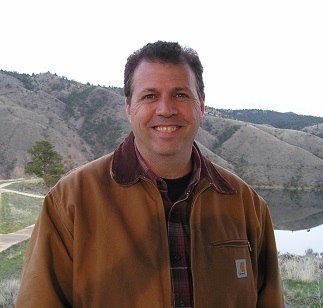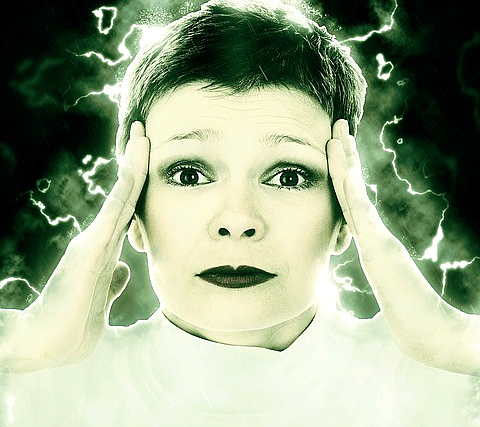A Proactive Approach to Dealing with Forgetfulness
MIEDICAL MINUTES
February 2, 2024 at 7:44 a.m.
...by JOHN SCHIESZER
Some older adults have a condition called mild cognitive impairment (MCI) meaning they have more memory or thinking problems than other people their age. People with MCI can usually take care of themselves and are able to carry out their day-to-day tasks. MCI may be an early sign of Alzheimer's disease, but not everyone with MCI will develop Alzheimer’s.
Currently there are no drugs or lifestyle approaches that can prevent Alzheimer’s or a related dementia. In the meantime, generally leading a healthy lifestyle, including controlling high blood pressure, being physically active, and making healthy dietary choices, can help reduce your risk of many chronic health conditions and may help reduce your risk of dementia.






